Are you looking for a challenge in the new year? I mean, a real challenge to your musical skills, not just a resolution? Great! Here are a few things we here at A&G think might help you along in your musical career.
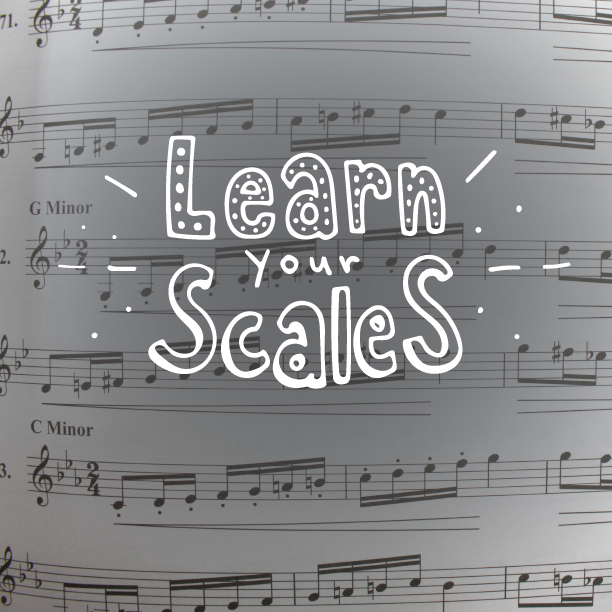
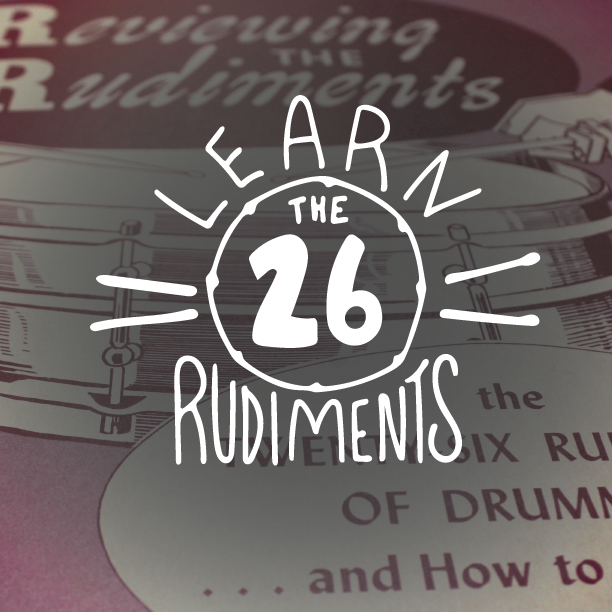

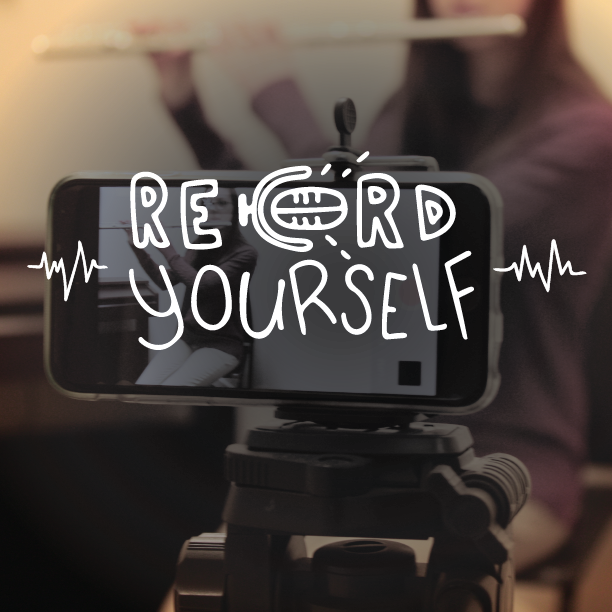
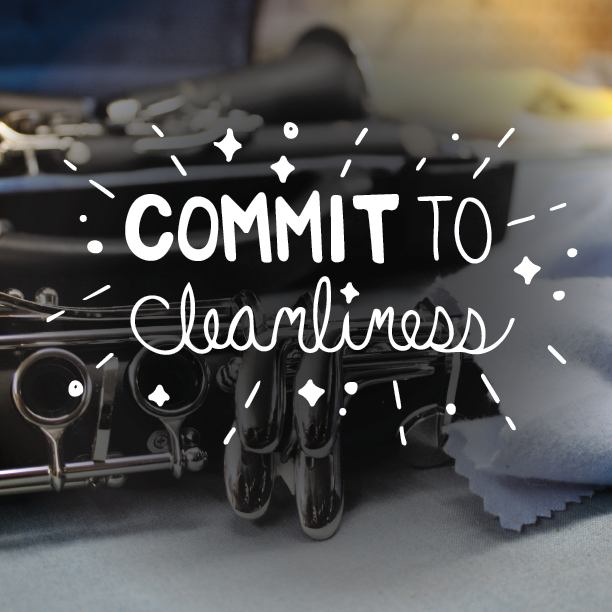
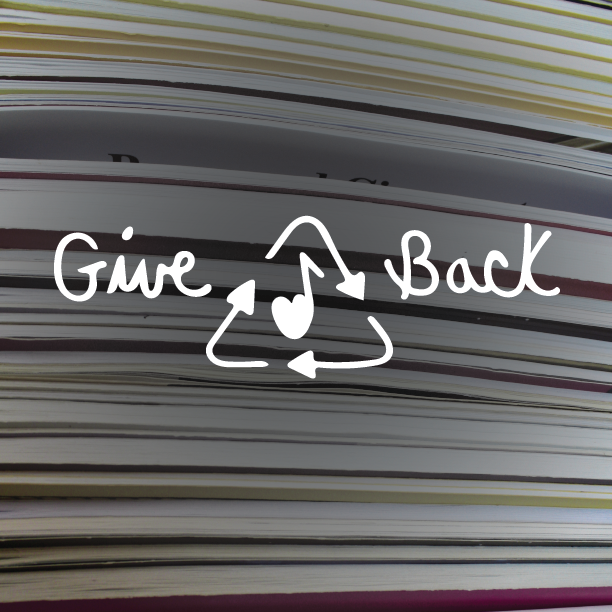
Learn Your Scales
Learn the pure form of all the minor scales. If that's too much, then first do all the flat minor keys, and then once you conquer them, try all the sharp minor keys. If you are really motivated, try learning the harmonic, and or melodic forms as well!
Learn The 26 Rudiments
If you're a percussionist, make a plan to learn all 26 rudiments for snare drum--- perhaps one rudiment every two weeks. If you have not tried to master melodic percussion, then give that a go. Start by learning your major scales.
Copy Music By Hand
Try your hand a being a copyist. What's a copyist? A music copyist's job is to create neat copies of a composer's music/arrangements. There's no a huge call for it, but writing music by hand can help you learn to read music better. Making sure you get the correct number of beats per measure and the right key signatures can solidify your existing music skills.
Record Yourself
If you have never tried to record yourself while practicing, this needs to be added to the to-do list. There a lot of things you can do with just a cell phone digital recorder. Record one part of a duet, and play the second part with yourself. There are apps that allow you to create multiple parts of compositions. This is a great challenge!
Improve different aspects of your playing by listening to what's coming out of your horn. Find out common mistakes you're making over and over. Get comfortable with a recording device and listen for imperfections to work on.
Commit To Cleanliness
Something else, which will not necessarily tax your musical skills, is to make a commitment to cleanliness. Keeping your instrument clean, especially if it is a wind instrument, will pay dividends in a number of ways. Your instrument will function a lot better, and if it is functioning better, it will ultimately sound better. You will also help maintain your personal health.
Give Back
For long time players, if you are winding up your musical career, or have instruments or music you are no longer using, consider donating it. Choose a younger musician to be the recipient. I recently handed off a stack of my old music to a young college student studying horn. Recycle it, don't just throw it away. There's a player who'd love to receive your collection!
The Central Music Team hopes you have a prosperous, musical New Year! Now go challenge yourself!



